We must have come across the immense pressure night before exam. It is like bracing yourself for a battle. Getting prepared to face an army of questions is tiring. All these while, a friend who is invariably besides you, is a cup of coffee / tea. Being coffee or tea is a truly thankless job. Today let us appreciate this ‘loyal friend’ and its contributions in our lives. But what is in there, in a cup of coffee or tea that makes it so special ? It is a constituent by the name of ‘caffeine’. So what is the role of caffeine in coffee versus tea ?
What is caffeine ?
Caffeine is a stimulant. It belongs to a group of chemicals called as ‘methyl-xanthine’. It is often consumed by people to achieve mental alertness, build concentration and abate exhaustion.
Basically, caffeine is a psycho stimulant which acts by raising adrenaline and dopamine level in our body. This leads to transient ‘feel good effect’, which can persist for 4-6 hours.
Source of caffeine :
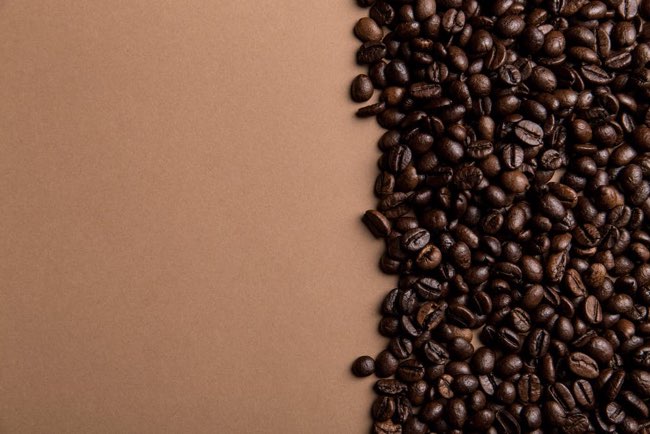
Caffeine is identified naturally in many plants and plant products like –
- Coffee beans
- Tea leaves
- Cocoa
- Guarana
- Yerba Mate etc.
It keeps these plants safe from pests. Therefore it attributes to defence mechanism in these plants.
ALSO READ – 3 Healthy drink recipes you can easily make at home
Food and caffeine :
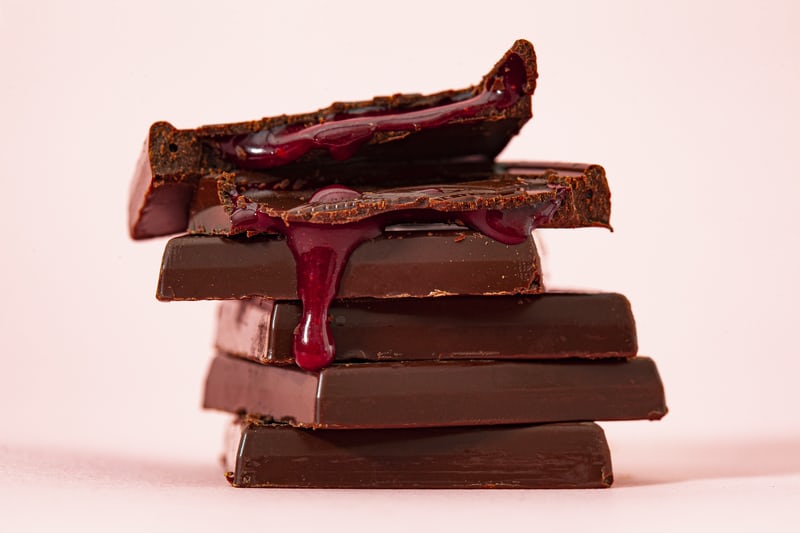
Caffeine is not exclusive to coffee and tea. Hereunder are some products available in market having caffeine.
- Soft drinks and soda
- Energy drinks
- Chocolate
- Ice cream
- Gum
- Jelly
- Potato chips
- Waffles etc.
Plus, it is also purchasable as caffeine powder in market . Apart from that, it is a component of few over-the-counter pain killer medicines and few prescription medications as well.
ALSO READ – 10 Foods that boost immune system ; Diet tips for better health
How much is too much ?
Ideally the maximum dose of caffeine as per FDA is 400 mg/day or 200 mg/ single intake, for a healthy adult. Toxic dose is 1200 mg /day.
According to FDA, a cup of coffee ( 8 ounce or 237 ml) has approximately 80- 100 mg ( roughly 95 mg ) of caffeine. Thus, upto 4 cup of coffee/day is the safe limit.
Caffeine in coffee versus tea :
Which category do you belong to ? Are you a coffee person or a tea person or none? Or else, may be you are an occasional caffeine-taker like me. In general, most of us have stacks of memories related to a cup of coffee/ tea.
Coffee and tea are two most popular forms in which caffeine is consumed .Largely people take these to grow alertness and beat exertion. But, the load of caffeine in coffee versus tea is not same.
Read below to find out how much caffeine in coffee vs tea is there usually.
Tea :
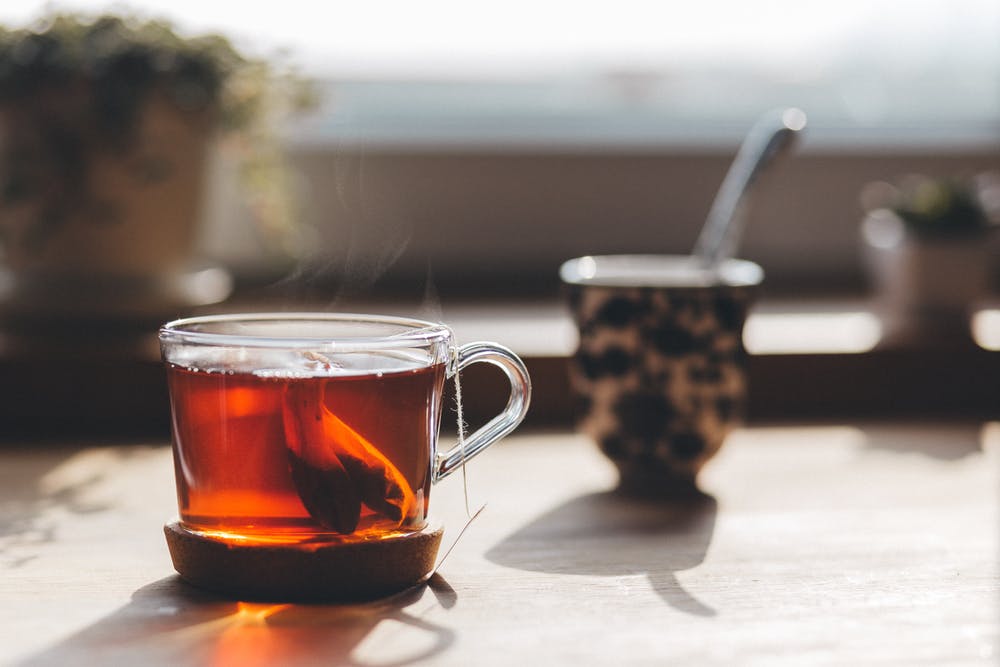
There are numerous varieties of tea which differ in caffeine content. Furthermore, a number of factors during processing and preparing of tea affect caffeine too. As per descending order of caffeine concentration teas are :
Black tea > green tea > white tea > decaf tea > herbal tea
Black tea is oxidised while processing unlike green tea or white tea.
Different concentration of caffeine are as follows :
- Brewed Black tea ( 8 ounce or 237 ml ) – 47 mg
- Brewed Green tea ( 8 ounce or 237 ml ) – 28 mg
- Decaf tea ( 8 ounce or 237 ml ) – 2 mg
- Herbal tea ( 8 ounce or 237 ml ) – 0 mg
Nevertheless, these values are not absolute but tend to vary. For instance various brands of decaf tea may carry upto 12 mg caffeine / 8 ounce of tea . Similarly, though herbal tea is marketed as caffeine free, still it has a dash of caffeine.
Coffee :

Amount of caffeine in coffee ( brewed coffee ) is roughly double compared to brewed black tea.
1 serving or 8 ounce of brewed coffee in-holds 80mg -100 mg caffeine. ( FDA )
Caffeine level in various coffee types is as below :
- Espresso ( 1 ounce or 30 ml ) – 64 mg
- Brewed coffee ( 8 ounce or 237 ml ) – 95 mg
- Cappuccino ( 8 ounce or 237 ml ) – 75 mg
- Instant coffee ( 8 ounce or 237 ml ) – 62 mg
- Decaf coffee ( 8 ounce or 237 ml ) – 0-2 mg
Thus, in accordance to caffeine content, various coffee are
Espresso > brewed coffee > cappuccino > instant coffee > decaf coffee
Again amount of caffeine in coffee differs as per brand. Say for example, decaf coffee can have upto 14 mg of caffeine per 8 ounce.
Moreover if tea or coffee is brewed longer, then extra caffeine will release. In the same manner, hotter the water in which tea/coffee is boiled, more is the caffeine delivered.
Caffeine in energy drinks :
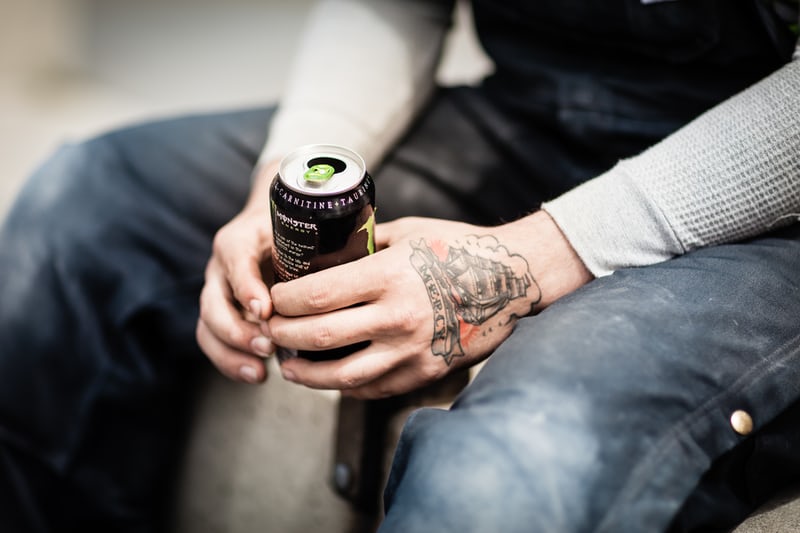
The primary reason why energy drink lifts you up instantly is, presence of caffeine in it ( 40-250 mg / 8 ounce as per FDA ). At times, caffeine in a can of energy drink is much more substantial than a serving of coffee.
Energy shots are even more dense in caffeine content. In fact, incidences of seizure, irregular heart rhythm are reported after taking these in some sensitive individuals.
Consequently caffeine content in energy drinks is a matter of concern now a days. That is why, these energy drinks with excessive caffeine should be avoided at any cost in children, adolescents and sensitive individuals.
Caution :
- Children and adolescents should refrain from taking caffeine as per American Academy of Paediatrics. ( check ice cream, chocolate and jelly for caffeine content before offering to a child)
- In pregnancy and lactating mothers upper limit of daily intake is 300 mg ( WHO )
- In patients with anxiety disorder and heart disease caffeine should be avoided altogether. People, with chronic diseases like kidney ailment, hypertension and diabetes etc., should take it cautiously as advised by physician.
- If you are on some regular medications, then discuss with your doctor regarding probable drug interaction.
- Caffeine must not be taken with alcohol. Alcohol impedes its metabolism in body. In simple words, if you ingest caffeine along with alcohol, it’s undesirable effects will be intensified.
- Further more, keep powdered form of caffeine at bay, at any cost. 1 teaspoon of caffeine powder is more or less equivalent to 28 cups of coffee. It is well above the toxic dose (1200mg). Thusly taking caffeine powder can be fatal.
ALSO READ – 8 Best weight loss friendly foods ; Are you eating right ?
What caffeine does to your body ?
Caffeine has some positive effects such as, it enhances attentiveness, memory and concentration. It also augments physical stamina and beats exertions.
Research suggests that taking moderate caffeine (200 mg/day ) in healthy adults can be beneficial, as it prevent Alzheimer’s disease.
If caffeine is consumed in higher doses, it results in some undesirable side effects like :
- Nervousness
- Restlessness
- Jitteriness
- Palpitation
- Dehydration
- Sleeplessness
- Gastritis
- Nausea
- vomiting
- Headache
- Raised blood sugar
- Raised blood pressure
Abstain from caffeine in afternoon, particularly within 6 hours prior to sleep to avoid sleep disturbance.
Few people are sensitive to even nominal quantity of caffeine. They develop unwanted secondary effects after, even a single cup of coffee. In such individuals tea is a more suitable alternative than coffee. If you are willing to minimise caffeine opt for herbal tea instead.
Chronic consumption of high dose of caffeine triggers depression. At toxic dose it incites seizure, irregular heart rhythm and also death.
Does caffeine lead to addiction ?
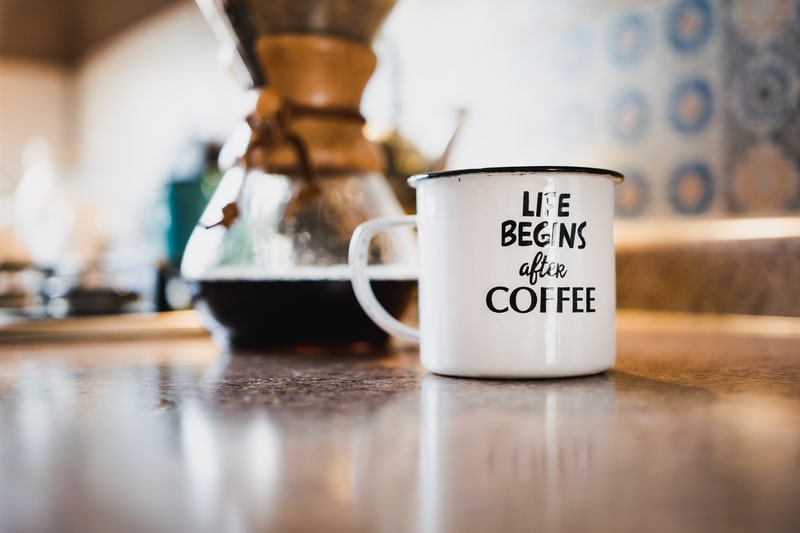
Strong addictive substances cause both physical and psychological dependence. Whereas, routine caffeine intake gives rise to only psychological dependence. Abrupt discontinuation of caffeine results in withdrawal symptoms like headache, fatigue, drowsiness, irritability, depressed mood etc.
Hence, it is a type of habituation, which is far less than other form of addictions. So, while cutting down on caffeine ingestion, do it gradually.
Closing thoughts :
Undoubtedly caffeine is a miracle chemical. But everything with good values also comes with its own shortcomings. What helps us to obtain full advantage of it, is being aware of it’s pros as well as cons.
So, what do you prefer , coffee or tea ? What is your take on caffeine in coffee versus tea ? If this post is likeable then take few seconds to forward to people around you.
Reference:
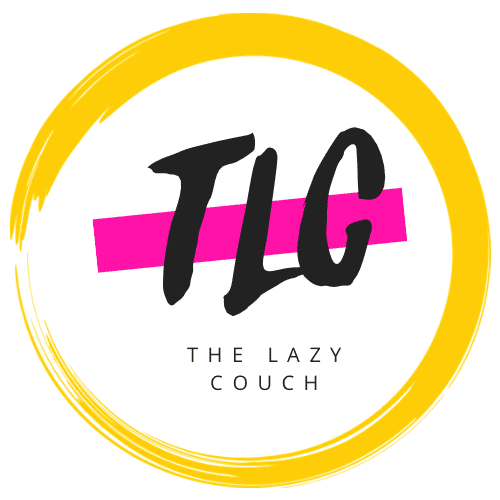
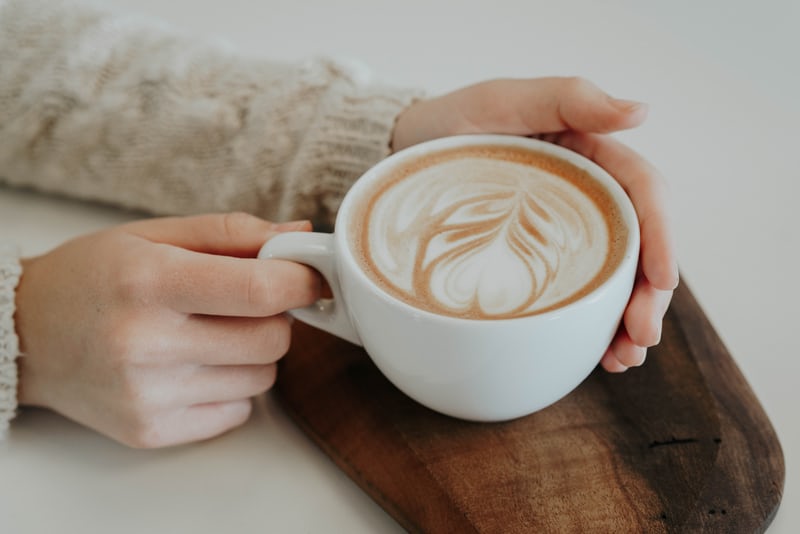




July 29, 2022 at 5:46 pmI like your narration of the topic..every point is taken care off ..
January 10, 2021 at 4:46 amBecause of its caffeine content, green tea improves alertness. So it can be had in the mornings to jumpstart your day. However, do not have it on an empty stomach. Also, taking it closer to your bedtime is not recommended, as it might cause sleeping issues.
October 14, 2020 at 11:35 pmI am glad to hear that.
June 29, 2020 at 1:08 amnice and informative
October 14, 2020 at 11:36 pmThank you. I hope you find it useful.
June 28, 2020 at 4:39 pmVery good one… Keep writing
October 14, 2020 at 11:35 pmThank you.